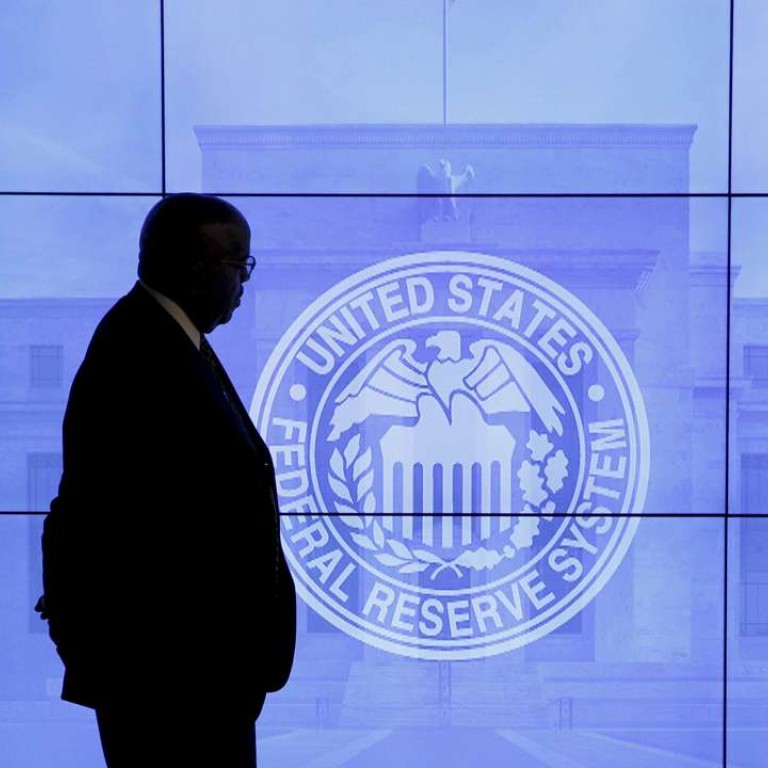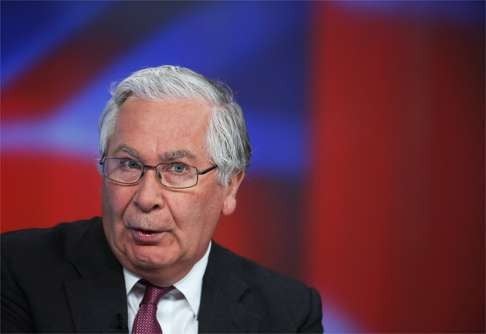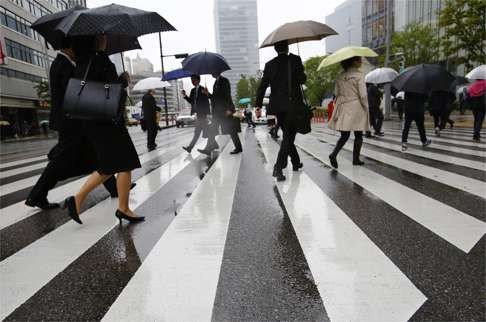
Alchemy lives on in 21st-century finance (for the rich at least)
Andrew Sheng says as long as our financial system continues to create paper money to hide its losses, the magic will one day run out – with the poor getting hit first
Money makes the world go round, so you would have thought that economists understand what money is all about. The former governor of the Bank of England, Mervyn King, has just published a book called The End of Alchemy, which made a startling claim that “for over two centuries, economists have struggled to provide rigorous theoretical basis for the role of money, and have largely failed”. This is a serious accusation.
Negative interest rates are causing a major problem in the global economy
Alchemy is the ability to create gold out of base metals or the ability to brew the elixir of life. King considers the main purpose of financial markets to be helping players in the real economy cope with “radical uncertainty”. But, as we discovered after the global financial crisis, financial risk models widely used by banks measured risks as statistical probabilities. By definition, however, radical uncertainty is an “unknown unknown” that cannot be measured. It is no wonder that the banks were blind to the blindness of financial models, which conveniently assumed that what cannot be measured does not exist.
When money was fully backed by gold, it was tied to real goods. But when the paper currency was invented, money became a promisory note. The power to create “paper” money is truly alchemy – since promises by either the state or the banks can go on almost forever, until the trust runs out.

Bank woes bode ill for world economy as talk of another global financial crisis gains traction
Today, national money supply comprises roughly one-fifth state money (backed by sovereign debt) and four-fifths bank deposits (backed by bank loans and bank equity). Banks can create money as long as they are willing to lend, and the more they lend to finance bad assets, the more alchemy there is in the system. A good description of financial alchemy is provided by economist John Kay, whose new book, Other People’s Money, is a masterpiece in the diagnosis of “financialisation” – how the finance industry traded with itself and (almost) ignored the real world.
King’s recommendation that central banks reverse alchemy by behaving like pawnbrokers for all seasons (having collateral against all lending) can only be implemented after the next crisis. Central bank discipline, like virginity, cannot be replaced once lost. The market will always think that, in the end, it will be bailed out. The market has been right – it was bailed out and will be bailed out again. In the game of playing chicken with finance, politicians will always blink first.

Modern money is being managed like a mutant Ponzi scheme
If we accept that radical uncertainty lies at the heart of finance, then money makes the world go round because it provides the lubricant of trade and investment. Without that lubricant, trade and investment would slow significantly, but with too much lubricant, the system can rock itself to pieces.
The dilemma of central banks today is also globalisation. In addition to the US Federal Reserve controlling dollar money supply within the US borders, US$9 trillion is created outside US borders, over which the Fed has no control. Money today can be created in the form of Bitcoins, computerised digital units used to trade value. They ultimately need to be changed into dollars. So, as long as someone will accept Bitcoins, digital currency becomes convertible money.
It’s not too late for major central banks to lend global economy an extra helping hand
We got into a monetary crisis in which bad money drove out good. The reason was because the financial sector, in collusion with politics, refused to accept that there were losses in the system, so it printed more money to hide or roll over the losses. There was no inflation because the real economy, having become bloated with excess capacity financed by excess leverage, had in the short term no effective demand. So inflation at the global level is postponed.
But if climate change disrupts the weather and creates food supply shortages, inflation will return, initially in emerging economies, which cannot print money because they are not reserve currencies. In time, inflation will come back to haunt the reserve currency countries – but not before emerging markets go into crises of inflation or banking.
Money is inherently unfair – the rich will always suffer less than the poor.
In medieval times, only those with real money could afford alchemy. That remains true today.
Andrew Sheng writes on global affairs from an Asian perspective

